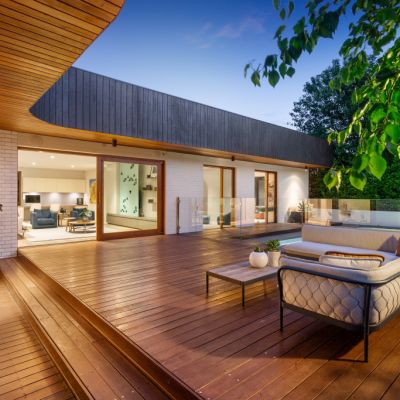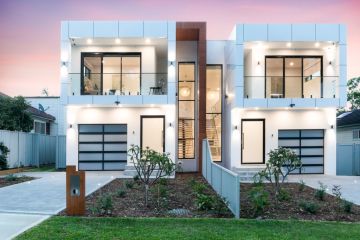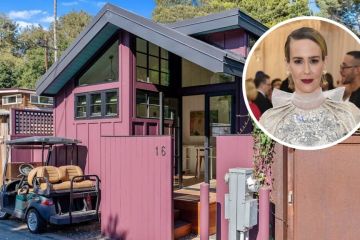Making your money count: Three ways to reduce the ongoing costs of home ownership
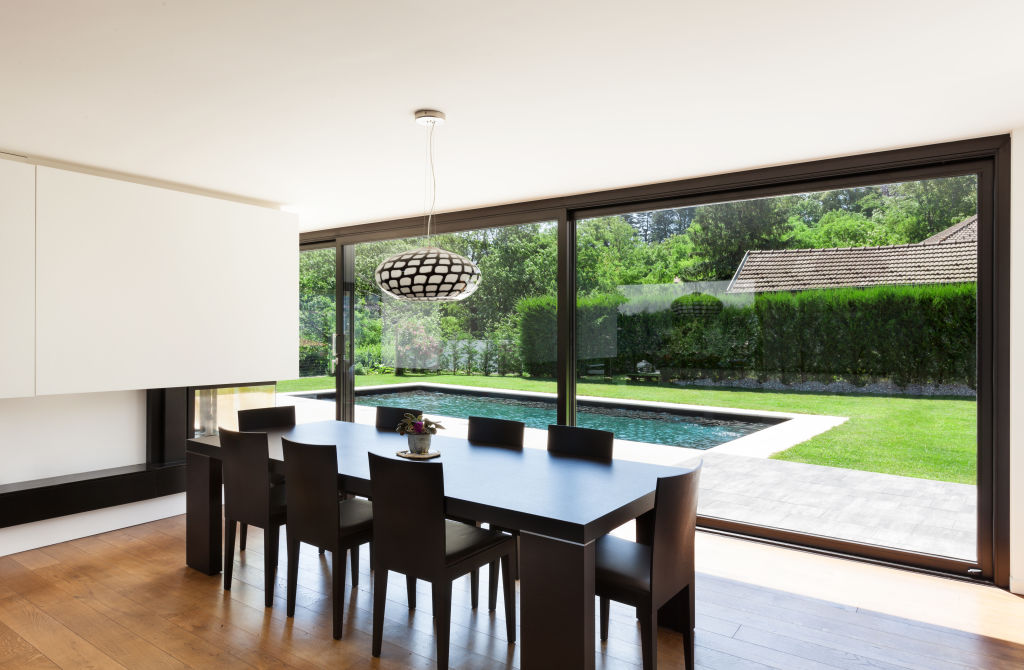
Whether you’re an investor or owner-occupier, the costs of home ownership don’t end at settlement.
Home owners should expect to pay several thousands of dollars in maintenance and bills each year, but unanticipated expenses can throw a spanner in the works.
Fortunately, there are ways to minimise many continuing costs of property ownership by choosing the right property to begin with.
Minimise maintenance
The type of property and its age can have an effect on the likelihood of major maintenance issues. Apartments and newer properties generally require less maintenance than houses and older properties, but it’s not always that simple.
Each type of property can be prone to its own set of problems, according to Sunny Blumson, director of building consultants BSS Group.
“With standalone housing there’s an opportunity for more extensive defects to occur, because you’ve got more exposed facade and it’s a larger building in general,” he says.
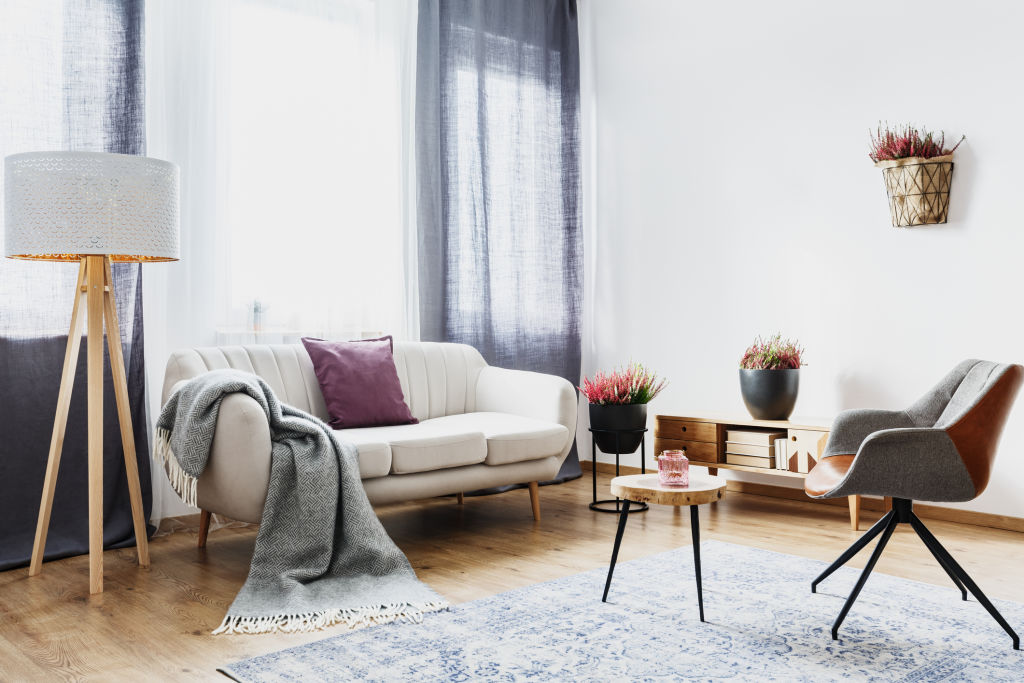
However, leaks can be a critical issue for apartment owners, and the costs aren’t necessarily borne by the owners’ corporation.
“An absolutely huge problem would be the quality of deck construction in relation to leaking and water ingress problems,” Blumson says.
Leaks can occur when decks or balconies slope towards the building rather than away, or when the step down from the apartment to the deck or balcony is insufficient.
The responsibility for the cost may depend on the cause of the issue. “Generally decks are not considered common areas,” Blumson says. “They’re considered the owner’s problem.”
Free-standing housing can be prone to a similar problem. “Paving grading towards the building rather than away can bring water to that building’s footing, which can cause the slab to move and heave,” Blumson says.
“An independent, professional building inspection before bidding or making an offer will reduce the risk.”
An independent, professional building inspection before bidding or making an offer will reduce the risk of buying a property with extensive ongoing costs. It’s worth talking over major problems in the report with the inspector to understand the extend and estimate costs.
Strata surprises
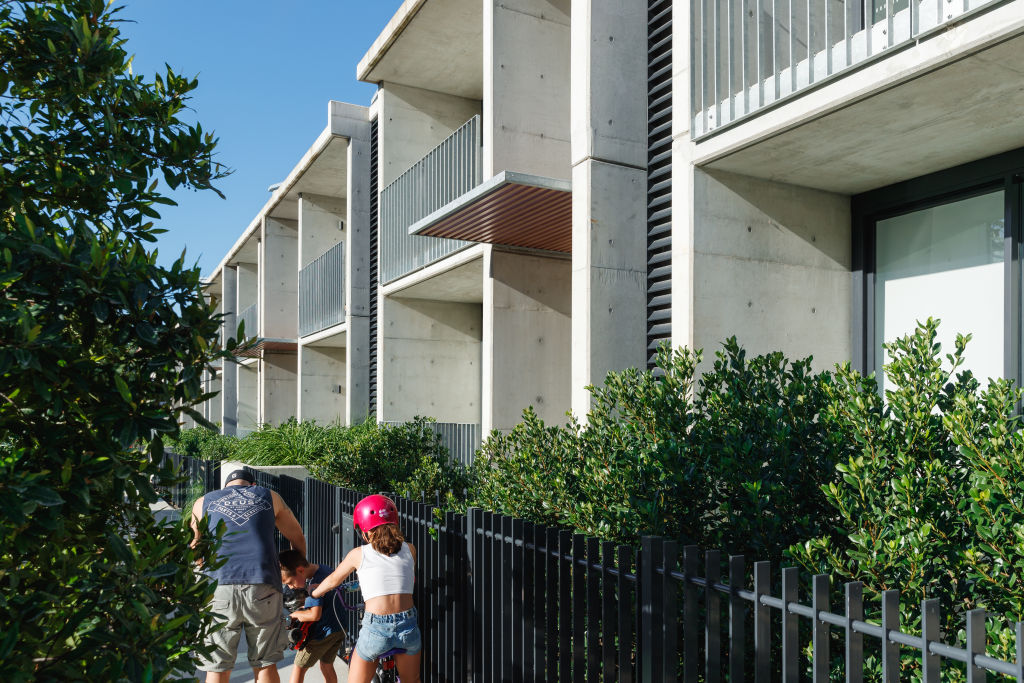
While strata levies vary between apartment complexes, owners of larger units will generally pay more than owners of smaller units in the same building.
High strata bills can make owning certain apartments unaffordable, particularly for new buyers, according to buyer’s agent Lauren Goudy of Rose and Jones.
“For most first-home buyers, if their purchase is less than a million dollars, they’re probably not going to want to be paying any more than $1300 per quarter,” she says.
While most maintenance of common areas is covered by strata fees, Goudy says buyers should read the strata report carefully to determine whether the sinking fund has enough money to cover major faults that may arise.
“A big one could be replacing lifts in an old apartment block,” she says.
If the sinking fund isn’t sufficient to cover these costs, special levies may be required.
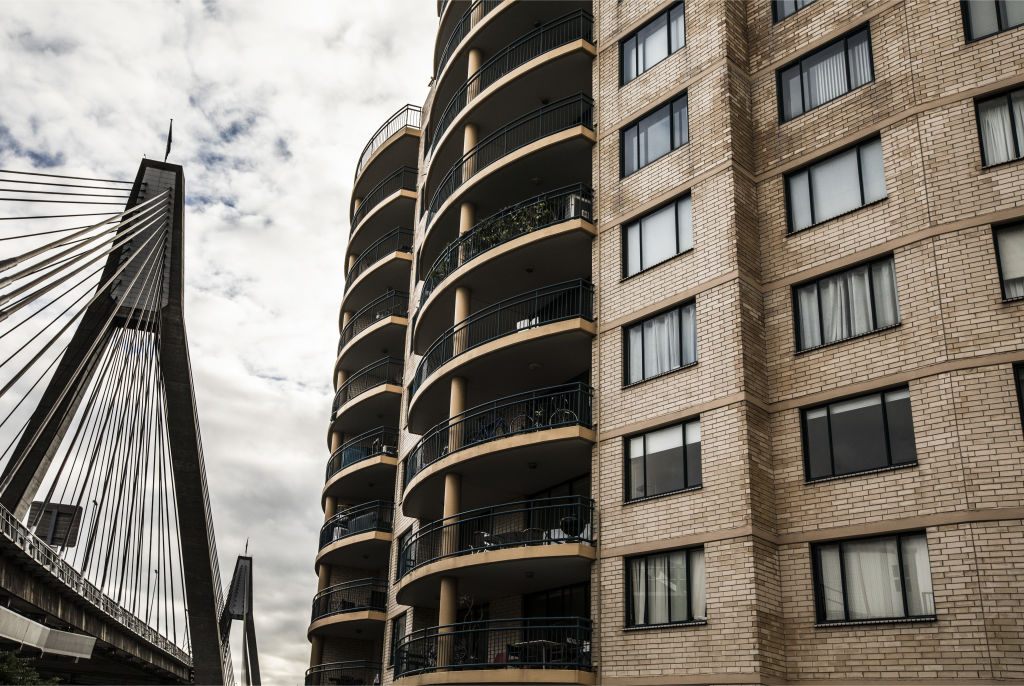
Although apartment owners in a small building will have to pay a larger proportion of special levies than owners in large complexes would need to, there is often less chance of major problems due to minimal shared facilities.
Arranging a detailed strata report is essential, but it’s worth talking to other people in the block while inspecting it, Goudy says. “You can often get information just by being friendly,” she adds.
Realistic renovations
It’s not always possible to buy a new or recently renovated property in your ideal area, but think carefully when targeting a fixer-upper to get into a desirable suburb.
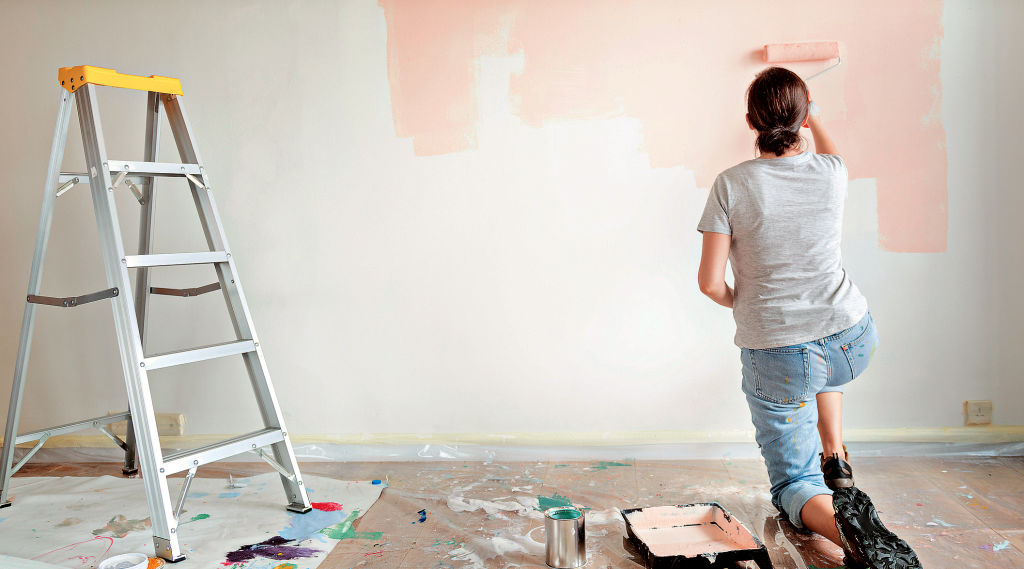
A dilapidated property that needs to be renovated right away will have a more immediate impact on your finances than a home that is simply dated but habitable, and can be updated over time.
“Look for something you can manage to live in if you need to,” Goudy says. “You need to be comfortable that what you buy is going to be OK if you have to make do.”
If you need to move out to renovate, you’ll be making mortgage repayments on top of housing expenses elsewhere, which can be very costly if renovations drag on due to poor weather or delays.
Staggering your planned improvements while living in the property may be a wiser choice.
We recommend
We thought you might like
States
Capital Cities
Capital Cities - Rentals
Popular Areas
Allhomes
More
